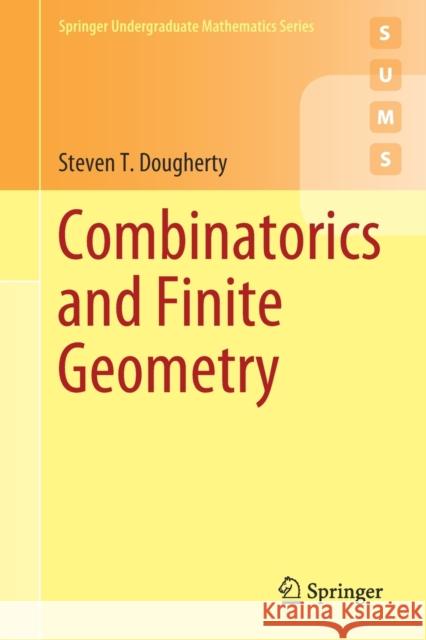Combinatorics and Finite Geometry » książka
topmenu
Combinatorics and Finite Geometry
ISBN-13: 9783030563943 / Angielski / Miękka / 2020 / 369 str.
Kategorie:
Kategorie BISAC:
Wydawca:
Springer
Seria wydawnicza:
Język:
Angielski
ISBN-13:
9783030563943
Rok wydania:
2020
Wydanie:
2020
Numer serii:
000307896
Ilość stron:
369
Waga:
0.54 kg
Wymiary:
23.39 x 15.6 x 2.03
Oprawa:
Miękka
Wolumenów:
01
Dodatkowe informacje:
Glosariusz/słownik
Wydanie ilustrowane
Wydanie ilustrowane











